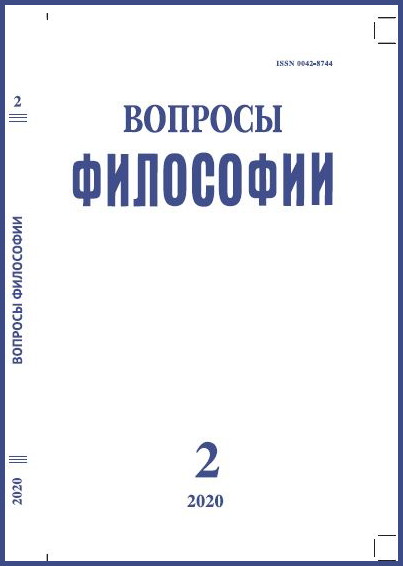How Should Respect for Human Dignity be Understood Today?
DOI:
https://doi.org/10.21146/0042-8744-2020-2-38-50Keywords:
democratic ethics, human dignity, autonomy, beneficence, fairness, treating as a mere means, benefit, instrumentalization, objectification, exploitation, depersonalization, commodification.Abstract
Human dignity is acknowledged to be the core value for the ethics of human rights. At the same time, it is considered to be an empty signifier, which does not have its own meaning. The objective of the article is to find a clear sense for this principle which should be different to the meanings of other fundamental democratic values: justice as equality, justice as fairness, autonomy, non-maleficence, beneficence, care or respect for persons. The author argues that we should understand respect for human dignity only as the anti-instrumentalization principle, which prohibits using a human being merely as a means. Accordingly, respect for human dignity is not violated when all subjects derive benefits from the relationship of mutual instrumentalization. In the paper the other forms of the objectification of subjects (exploitation, violence, depersonalization, commodification, ownership, inertness, denial of autonomy) are also analyzed. The author concludes that in the first place many of these cases are based not on disrespect for human dignity, but on the violation of other principles.

